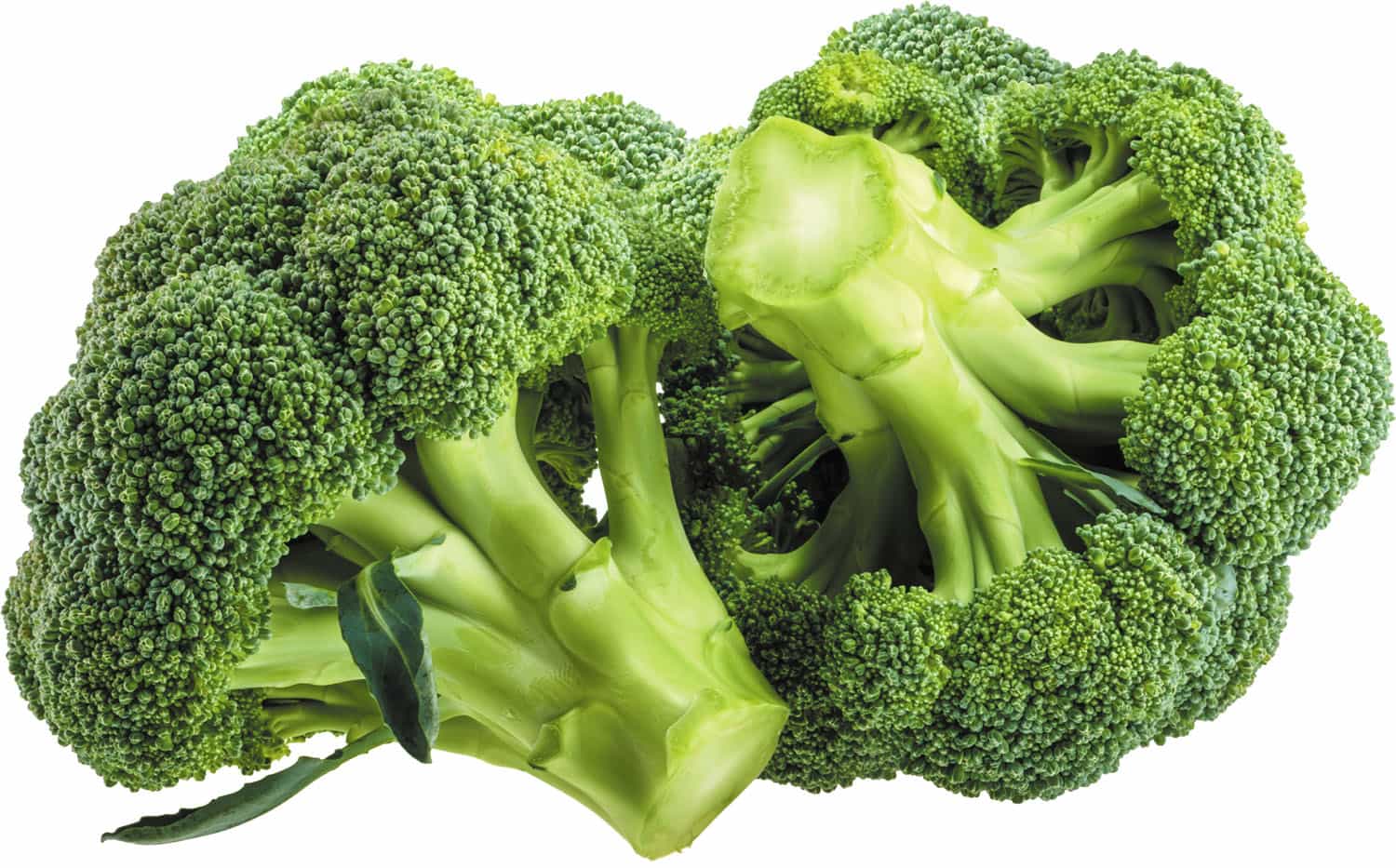Olive oil is a widely used and highly valued oil that has been part of the human diet for thousands of years. With its unique flavor and numerous health benefits, olive oil has become an essential ingredient in many cuisines around the world. In recent years, olive oil has gained attention from scientists and researchers due to its potential health-promoting properties.
What Does OLIVE OIL Do for Your Body?
This article will provide an overview of the properties of olive oil, including its chemical composition, nutritional value, and health benefits. Additionally, the article will explore the various uses of olive oil in cooking, skincare, and other applications.
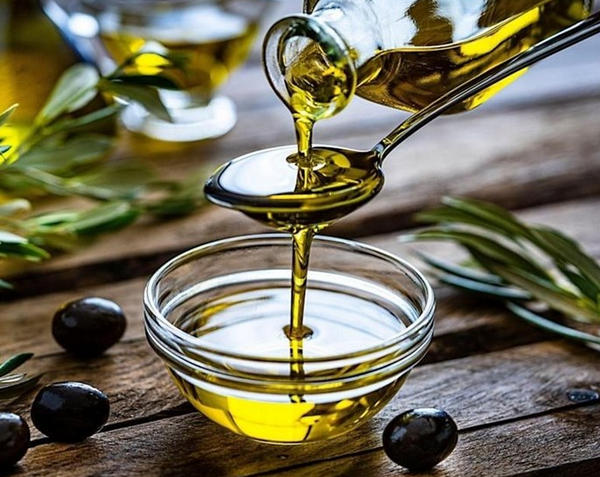
1. Introduction
1.1. Background of olive oil:
Olive oil, extracted from the fruit of the olive tree (Olea europaea), has been an essential component of culinary, medicinal, and cosmetic practices for thousands of years. The cultivation of olive trees dates back to ancient civilizations in the Mediterranean region, where it played a significant role in the economy, culture, and daily life. Today, olive oil is a highly valued commodity and an integral part of cuisines worldwide, thanks to its unique flavor, aroma, and numerous health benefits.
1.2. Importance of olive oil in various cultures:
Olive oil has been a key element in the culinary traditions of Mediterranean countries, such as Greece, Italy, and Spain. It has been used not only for cooking but also as a condiment, preservative, and even a symbol of peace and prosperity. In addition, olive oil has played a significant role in religious ceremonies and rituals in Christianity, Judaism, and Islam. Beyond the Mediterranean region, olive oil has gained popularity in other parts of the world due to its versatility in cooking and its recognized health advantages.
1.3. Objectives of the article:
This article aims to provide an in-depth understanding of the properties and benefits of olive oil, including its historical background, types, chemical composition, health benefits, culinary uses, and storage techniques. Additionally, the article will explore the role of olive oil in the Mediterranean diet, its applications in cosmetics and skincare, and its significance in traditional medicine.
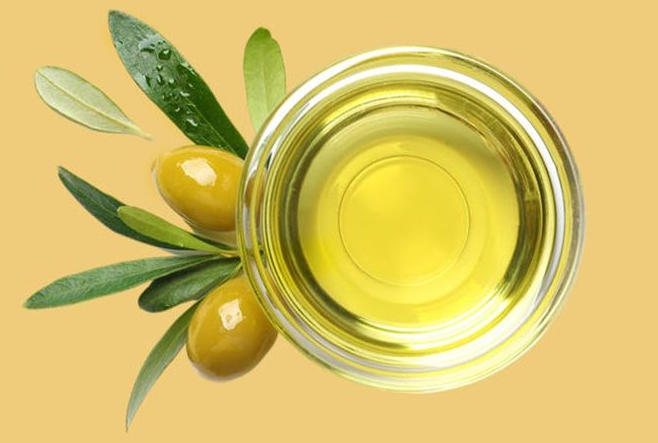
2. History of Olive Oil
2.1. Early uses of olive oil:
The use of olive oil can be traced back to around 6000 BCE in the Mediterranean region, where evidence of wild olive tree cultivation has been discovered. It is believed that olive oil was first extracted and used for various purposes, including cooking, lighting, medicine, and religious rituals, in ancient societies such as the Minoans, Egyptians, and Phoenicians. The production and trade of olive oil significantly impacted the economy and culture of these civilizations.
2.2. Olive oil in ancient civilizations:
Throughout history, different civilizations have recognized the value of olive oil and incorporated it into their daily lives. For instance, the Greeks used olive oil in cooking, sports, and body care, while the Romans expanded olive tree cultivation and improved olive oil production techniques. In ancient Egypt, olive oil was used for culinary and cosmetic purposes, as well as in the mummification process. It was also mentioned in religious texts and ascribed with sacred qualities in various belief systems.
2.3. Evolution of olive oil production:
Over the centuries, the methods of olive oil production have evolved from simple hand-pressing techniques to more sophisticated methods. Early production involved crushing the olives using stone mills, followed by pressing the resulting paste to extract the oil. With the advent of the Roman Empire, screw presses were introduced, improving efficiency and increasing production. In modern times, the development of hydraulic presses, centrifugation, and other advanced technologies has led to higher yields and improved quality of olive oil, making it widely accessible and affordable.
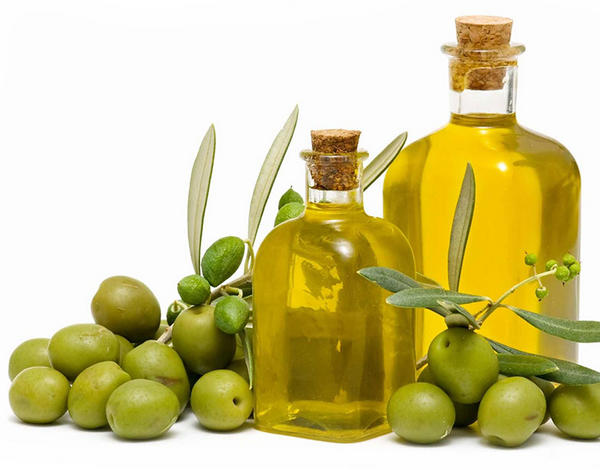
3. Types of Olive Oil
3.1. Extra virgin olive oil:
Extra virgin olive oil (EVOO) is the highest quality and most flavorful type of olive oil. It is obtained from the first cold pressing of the olives, without the use of heat or chemicals. EVOO has a low acidity level (less than 0.8%) and a high concentration of beneficial nutrients and antioxidants. Its flavor can range from fruity and mild to peppery and robust, depending on the olive variety, region, and production methods.
3.2. Virgin olive oil:
Similar to EVOO, virgin olive oil is also extracted from the first cold pressing of olives but has a slightly higher acidity level (between 0.8% and 2%). While still a high-quality oil, virgin olive oil may have less intense flavor and aroma compared to extra virgin varieties. This type of olive oil is also rich in nutrients and antioxidants, making it a healthy option for cooking and drizzling over food.
3.3. Pure olive oil:
Pure olive oil, also known as regular olive oil or simply olive oil, is a blend of cold-pressed and processed oils. It has a mild flavor and a higher smoke point compared to extra virgin and virgin olive oils, making it suitable for various cooking methods, including frying and baking. However, due to the processing, it contains fewer nutrients and antioxidants compared to the cold-pressed varieties.
3.4. Olive pomace oil:
Olive pomace oil is the lowest grade of olive oil, obtained from the residual oil left in the olive pulp and pits after the first pressing. The extraction process involves the use of solvents and heat, which can alter the oil’s properties and reduce its nutritional value. While olive pomace oil is suitable for high-temperature cooking due to its high smoke point, it is not recommended for consumption in large quantities or as a substitute for higher-quality olive oils.
3.5. Factors affecting the quality and taste of olive oil:
The quality and taste of olive oil depend on various factors, including the olive variety, climate, soil conditions, harvesting methods, and production techniques. Proper storage and handling of olive oil can also influence its taste, aroma, and nutritional properties.
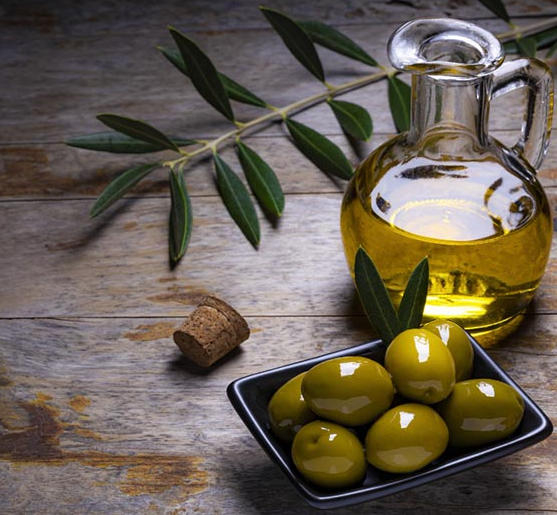
4. Chemical Composition of Olive Oil
4.1. Fatty acids:
The primary component of olive oil is fat, predominantly in the form of monounsaturated fatty acids (MUFAs), with oleic acid being the most abundant. MUFAs have been associated with various health benefits, such as improved cardiovascular health and reduced inflammation. Olive oil also contains smaller amounts of polyunsaturated fatty acids (PUFAs), including linoleic and alpha-linolenic acid, and saturated fatty acids, such as palmitic and stearic acid.
4.2. Vitamins and minerals:
Olive oil is a natural source of fat-soluble vitamins, including vitamin E (tocopherols) and vitamin K. Vitamin E is a potent antioxidant that protects cells from oxidative stress, while vitamin K plays a crucial role in blood clotting and bone metabolism. Additionally, olive oil contains trace amounts of essential minerals like calcium, potassium, and iron.
4.3. Antioxidants and phenolic compounds:
One of the key characteristics of olive oil, particularly extra virgin olive oil, is its high content of antioxidants and phenolic compounds. These bioactive molecules, such as hydroxytyrosol, oleuropein, and tyrosol, contribute to the oil’s stability, flavor, and health-promoting properties. They have been shown to exhibit anti-inflammatory, antimicrobial, and anti-cancer effects, as well as protect against cardiovascular diseases and oxidative damage.
4.4. Flavor and aroma compounds:
The unique flavor and aroma of olive oil are attributed to the presence of volatile compounds, which are derived from the olives and influenced by factors such as variety, terroir, and production methods. Some of the key volatile compounds found in olive oil include aldehydes, esters, alcohols, and ketones. These compounds, along with the oil’s texture and color, play a crucial role in determining the overall sensory experience of olive oil.


